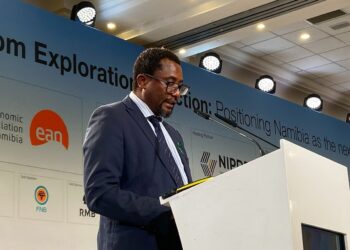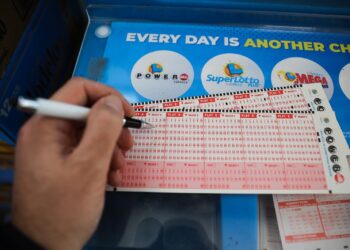
Economist Robin Sherbourne says Namibia’s decision to link its currency to the South African Rand has proven beneficial for the country.
Speaking at an Economics Association of Namibia event, Sherbourne noted that while Namibia had the option to introduce its currency, pegging to the Rand was the most prudent choice at the time.
“I believe our currency arrangement with South Africa has served us well as a small country. We played our cards very well by introducing our currency in the 1990s. We had the option if South Africa went pluck hold in the 1990s,†Sherbourne said.
Oil and gas production may however give the government an option to once again toy with the idea of de-pegging from the Rand. Sherbourne said such a decision would however have to be taken on sound economic principles.
“We played everything right, but once we produce oil and gas, we might believe there is an ideal currency arrangement, but it must be based on hard-nosed analysis,†Sherbourne said.
In February, Bank of Namibia Governor Johannes !Gawaxab raised the prospect of de-pegging from the Rand, saying the prospect of Namibia’s economic structure could change given potential oil and gas production.
He, however, warned that de-pegging from the Rand at the moment would lead to a lot of volatility and hurt Namibia.
At independence in 1990, Namibia opted to remain in the Common Monetary Area, leaving monetary and exchange rate policies to South Africa.
Meanwhile, in its decision to keep the repo rate unchanged at 7.75%, the Monetary Policy Committee of the central bank said the decision was guided by disinflation domestically and globally.











